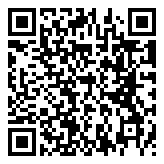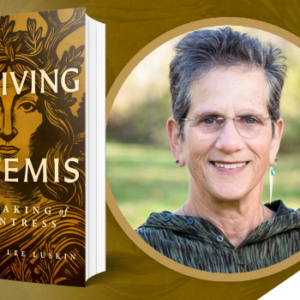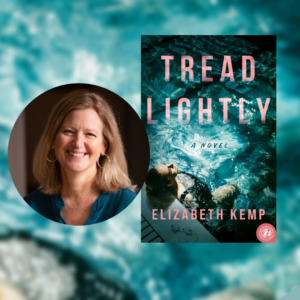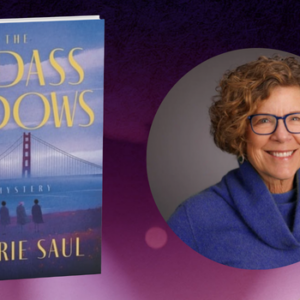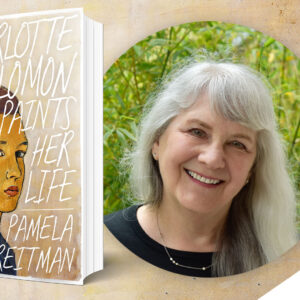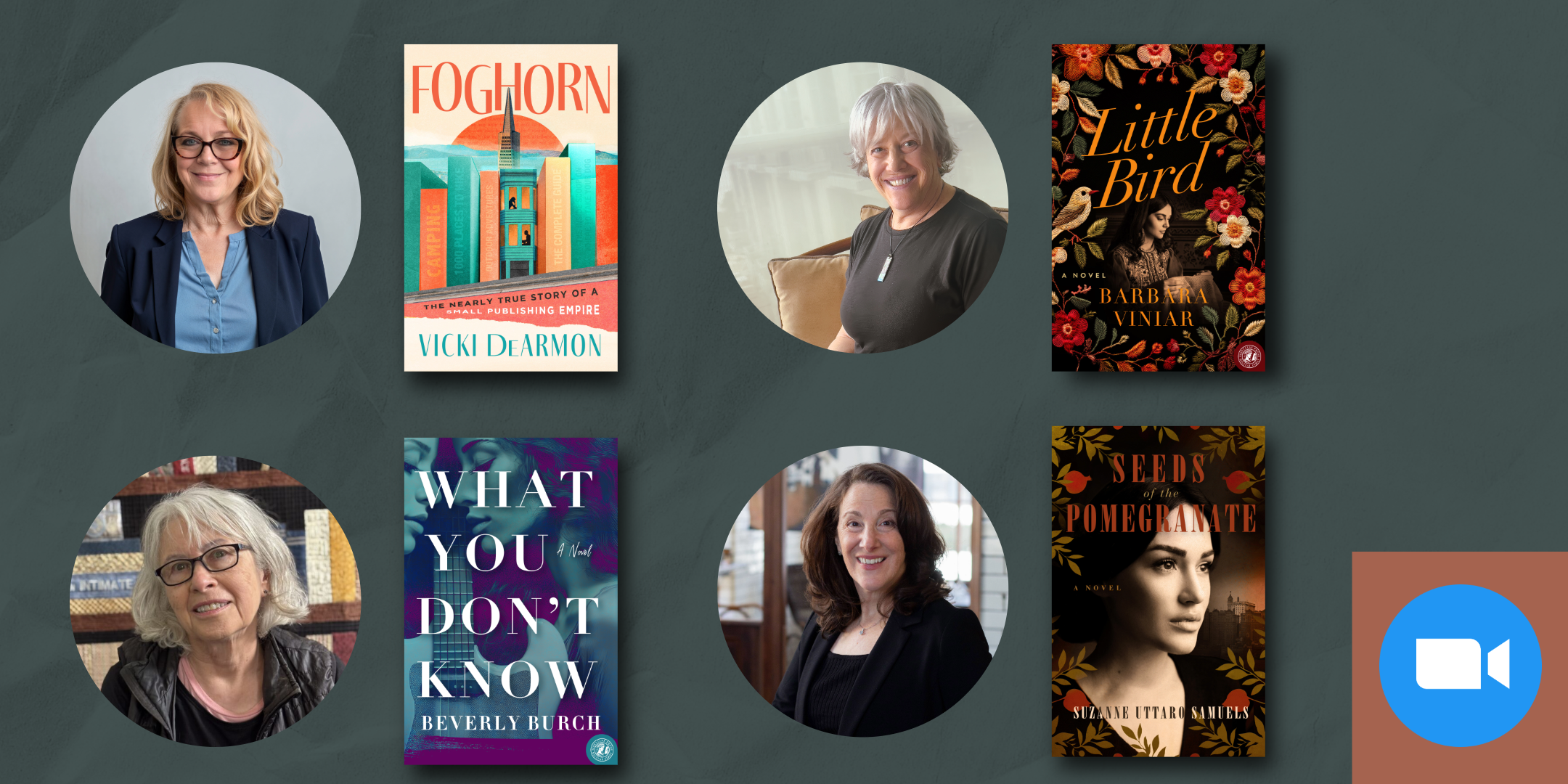
Sibylline Authors Women’s Equality Day Zoom Event
Women’s Equality Day is August 26. American women finally got the vote that day, but full equality remains elusive. Hear Sibylline Press publisher Vicki DeArmon (Foghorn: The Nearly True Story of a Small Publishing Empire) and authors Beverly Burch (What You Don’t Know), Suzanne Uttaro Samuels (Seeds of the Pomegranate) and Barbara Viniar (Little Bird) describe how they and their characters navigate inequality – in work, in love and marriage, in faith, and in the wider world. Join the conversation!
Time: Aug 26, 2025 07:00 PM Eastern Time (US and Canada)
Join Zoom Meeting
https://us02web.zoom.us/j/
Meeting ID: 843 9781 5928
Passcode: 971426
Books can be purchased on our site here.
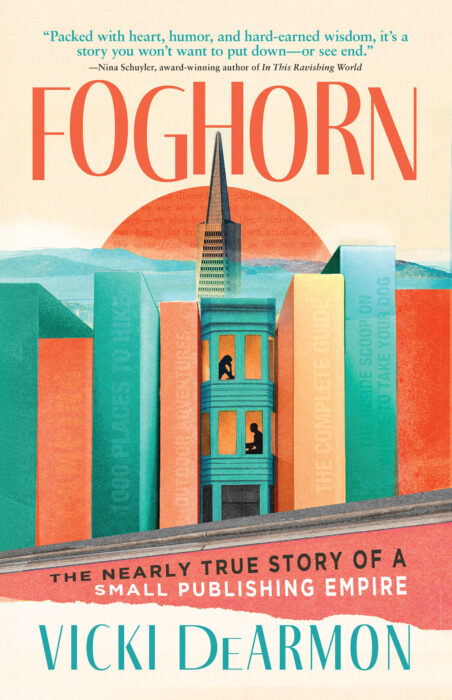 About Foghorn: The Nearly True Story of A Small Publishing Empire
About Foghorn: The Nearly True Story of A Small Publishing Empire
The heyday of small press publishing in San Francisco lives again
This memoir that reads like fiction recounts the never-before-told story of the heyday of small presses in the 1980s and 1990s in San Francisco when Bay Area presses—armed with arrogance and personal computers—took the publishing field. This is the story of one of those presses and its intrepid publisher, Vicki Morgan (DeArmon).
At Foghorn Press, Vicki was 25, young, brash, and ambitious. She quixotically built a book publishing company from scratch with her eccentric brother to help with no book publishing experience but fueled by 100-hour work weeks, cheap beer, and irrepressible belly laughs. Over 13 years, they assembled a cast of often preposterous authors and resistant staff while outlasting a drunken ex-husband, a con artist, inscrutable distributors, a fleet of good ol’ boys, terrible cash flow, and their own differing aspirations. Books were brought to market and miraculously sold from their offices in the Boiler Room until Foghorn became a resounding success with sales, media, and acclaim. But of course, the story doesn’t end there.
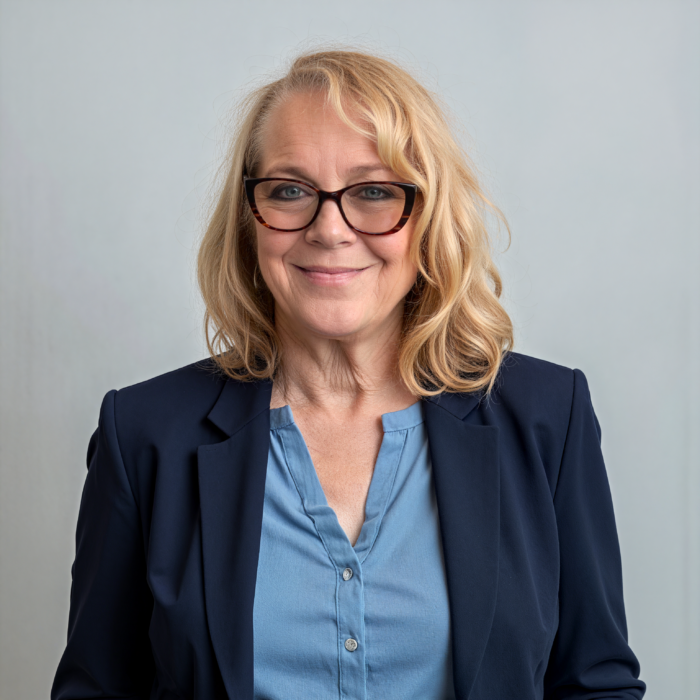 About Vicki DeArmon:
About Vicki DeArmon:
Vicki DeArmon has been in the book industry for forty years as a respected publisher, bookseller, and innovator. She started her San Francisco publishing company Foghorn Press with a small advance on her credit card when she was twenty-five, growing it to a $2 million enterprise before selling it fourteen years later. She worked as the marketing and events director at Copperfield’s Books for eight years and as consultant to California’s independent bookstores. She’s also a writer whose short stories and essays have won awards and appeared online and in print. Vicki is one of the founders of Sibylline Press and serves as its publisher. She lives in California.
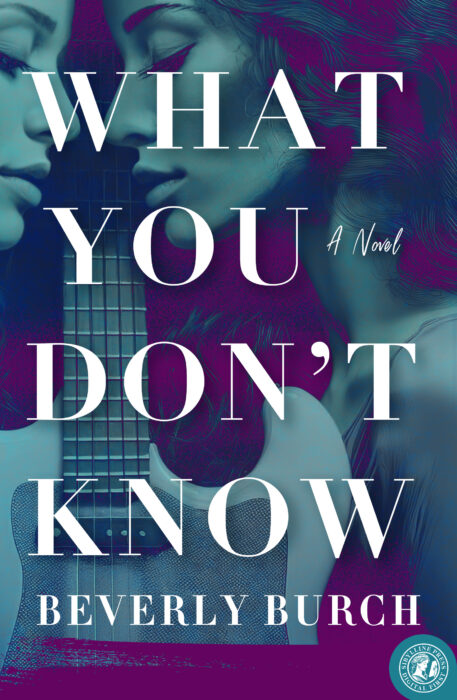 About What You Don’t Know:
About What You Don’t Know:
With a meddling ghost, tangled love triangles, and a family caught in the storm of desire and loss, What You Don’t Know is a sweeping love story set against the vibrant backdrops of Music City and the Bay Area.
Chloe, a brilliant but restless woman, escapes a painful childhood in Florida for a fresh start in the Bay Area, where she falls for another woman. Terrified of her feelings, she buries herself in ambition instead. At 29, she moves to Nashville, where she meets Peter, a music producer grieving the recent loss of his wife, Angie.
But Angie isn’t entirely gone. Her presence lingers, guiding Chloe toward Peter while also helping her twin sister, Rosie, navigate the depths of grief. Rosie resents Chloe at first—until intrigue turns into something far more complicated. After Chloe marries Peter, her growing connection with Rosie sparks a love she can’t ignore, angering Angie’s ghost and threatening to unravel their family.
As tensions rise, an unexpected tragedy—perhaps influenced by Angie herself—shatters their world. But in the wreckage, Chloe discovers a truth she can no longer run from: the courage to finally be herself.
A haunting, heart-wrenching tale of love, identity, and the forces that bind us—even beyond the grave.
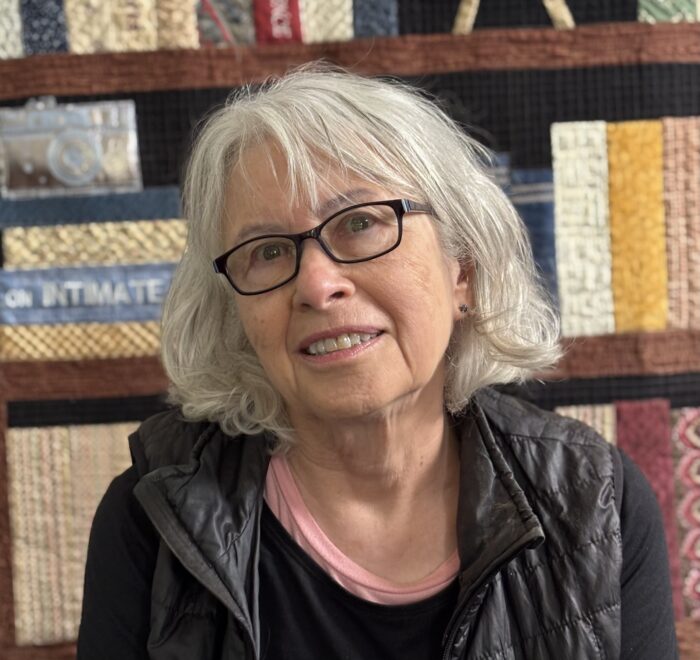 About Beverly Burch:
About Beverly Burch:
Beverly Burch is the author of two nonfiction books and four poetry collections, most recently Leave Me a Little Want. Her books have won a John Ciardi Poetry Prize, a Gival Poetry Prize, a Lambda Literary Award and were finalists for the Audre Lorde Award and Housatonic Award. Her short fiction has appeared in many literary journals. She lives in the Bay Area with her wife.
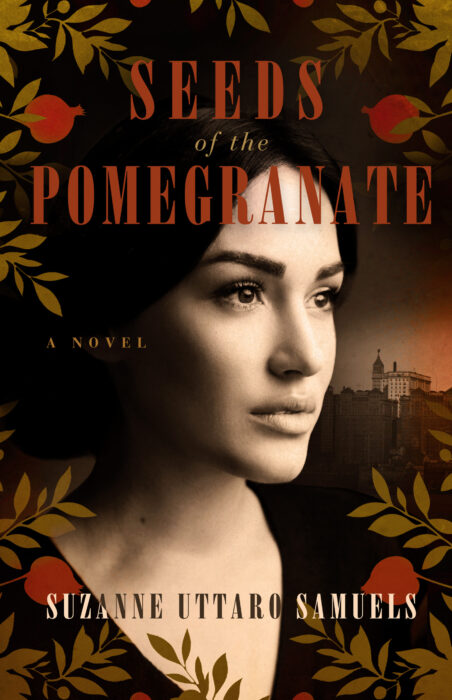 About Seeds of the Pomegranate:
About Seeds of the Pomegranate:
A gritty story of a woman learning to survive in 20th century Gangland New York
In early 20th-century Sicily, noblewoman Mimi Inglese, a talented painter, dreams of escaping the rigid expectations of her class by gaining admission to the Palermo Art Academy. But when she contracts tuberculosis, her ambitions are shattered. With the Sicilian nobility in decline, she and her family leave for New York City in search of a fresh start.
Instead of opportunity, Mimi is pulled into the dark underbelly of city life and her father’s money laundering scheme. When he is sent to prison, desperation forces her to put her artistic talent to a new use—counterfeiting $5 bills to keep her family from starvation and, perhaps, to one day reclaim her dream of painting. But as Gangland violence escalates and tragedy strikes, Mimi must summon the courage to flee before she is trapped forever in a life she never wanted.
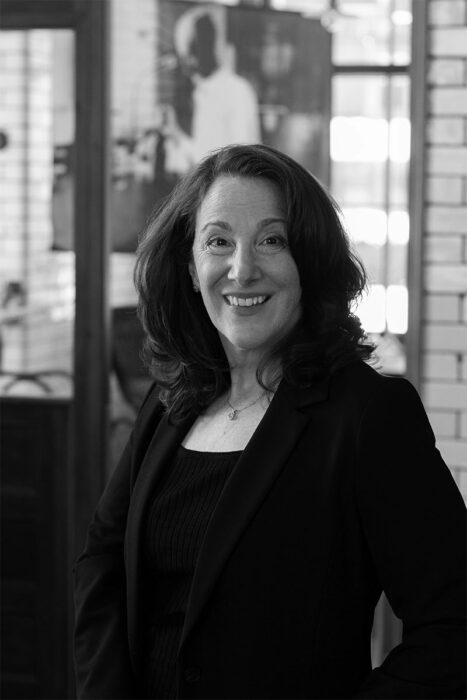 About Suzanne Uttaro Samuels:
About Suzanne Uttaro Samuels:
Suzanne Uttaro Samuels, a legal scholar and former college professor, has long been fascinated by the complexities of family and social life and the ongoing struggle for freedom and equality in the United States. Her books, essays, and short stories explore these themes. Born and raised in Staten Island, she spent much of her life in and around New York City and now lives in a small cottage high in the Adirondack Mountains with her husband, dog, and two cats.
She is currently working on The Orphans’ Wheel, set in nineteenth-century Sicily during the Wars of Independence and featuring a young Rosina Inglese, the Nonna from Seeds.
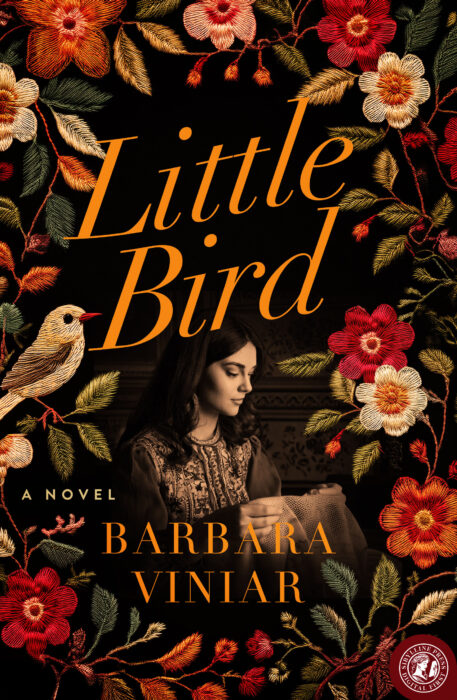 About Little Bird:
About Little Bird:
Newly immigrated, “little bird” seeks a hard-won independence in turn-of-the-century New York City.
In 1910, fearing escalating violence against the Jews in Russia, Feige’s father arranges for her to marry a wealthy cousin in New York City. She will no longer be her parents’ adored “little bird.” As she adapts to life in America, she goes from being an obedient daughter to a dutiful wife, even allowing her new husband to change her name to Fannie. Longing to make her own decisions, her husband’s cruelty finally pushes her to risk leaving him. She parlays her embroidery skills into a job and finds the man she believes is the love of her life. When he betrays her, she refuses to forgive him, disregarding advice to overlook men’s lapses. Finally, she meets a man who both loves and respects her. Can she give up her hard-won independence? Little Bird is the story of a girl who finds the courage to forge her own path to womanhood.
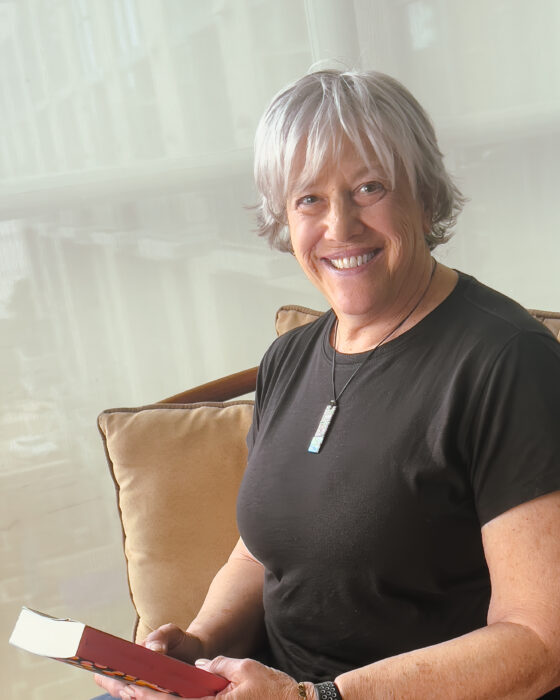 About Barbara Viniar:
About Barbara Viniar:
Barbara Viniar started out in academia, teaching Women’s Studies part time at the graduate and undergraduate levels and writing her doctoral dissertation on women’s moral development in contemporary fiction. After retiring from her second college presidency, she turned to creative writing. A chance discovery about her grandmother compelled her to imagine the story that became Little Bird.
